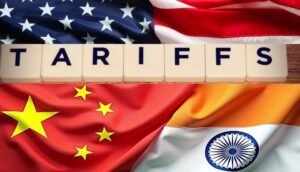Yemen ceasefire accord a ‘success’, despite skirmishes

SANAA: Huthi rebels on Saturday hailed a ceasefire accord for a vital Yemeni port agreed at UN-brokered peace talks in Sweden, although the deal´s implementation remained fragile, AFP reported.
The breakthrough agreement at the first round of negotiations since 2016 was a “success”, said Daif Allah al-Shami, information minister for the rebels´ unrecognised national salvation government.
Reached Thursday between the Huthis and a delegation for the internationally recognised government, the accord called for an “immediate” ceasefire in Hodeida city and its lifeline port, a key gateway for aid and food imports in a country where 14 million people stand on the brink of famine.
But on Friday evening, the Red Sea port city saw sporadic clashes in its eastern and southern neighbourhoods, highlighting the fragility of the already limited truce.
Fighters are to withdraw from the area in the next few days, according to the deal.
A prisoner swap involving some 15,000 detainees is also planned and a “mutual understanding” has been struck to facilitate aid deliveries to Yemen´s third city Taiz — under the control of loyalists but besieged by rebels.
The two sides agreed to meet again in late January, for more talks to define the framework for negotiations on a comprehensive peace settlement.
Quoted by the rebel-run Saba news agency, Shami said the accord highlighted the desire of the Huthis´ political leadership to “alleviate humanitarian and economic conditions and the people´s suffering.”
Mehdi Mushat, head of the rebels´ supreme political council, called the breakthrough “a positive step towards achieving the aspirations of the Yemeni people”, according to Saba.
Impoverished Yemen has been mired in fighting between the Huthi rebels and troops loyal to President Abedrabbo Mansour Hadi since 2014.
But the war escalated in 2015 when a Saudi-led military coalition stepped in on the government´s side.
The conflict has since killed nearly 10,000 people, according to the World Health Organisation. But rights groups believe the toll to be far higher.





